no. 86: 400,000 of you helped pause LNG approvals!
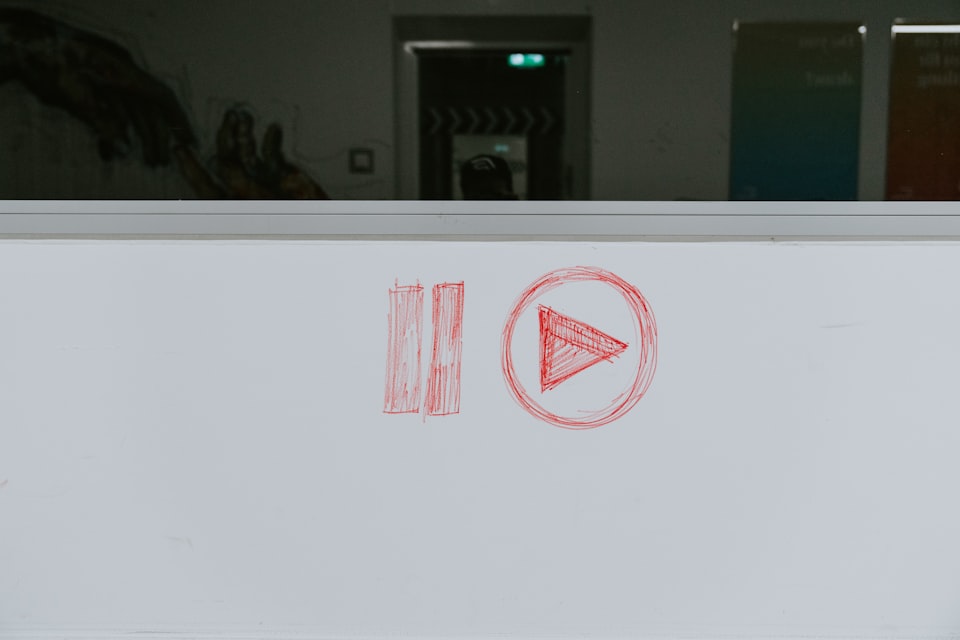
Hey friends,
How are you doing today, really?
The first piece of good news today is that it's Friday, which means it's almost the weekend.
But if that isn't enough to boost your mood, then I'm pretty sure the next 28 good stories will be.
I'm currently in Colorado, seeing friends and re-exploring where I used to live (for 5 years). Trading the metal monsters (skyscrapers) for true mountains is a welcomed change of pace.
And soon I'll be off to sunny and warm California.
But enough about me. I have a nice opportunity for you:
My giveaway with CLIP is still open! If you didn't catch it last week, you have a chance to win a portable battery attachment that clips onto any bike and turns it into an e-bike in 5 seconds.
It really works, and it's really cool (I have one and love it!) If you're a biker, or you want to be someday soon, then entering this contest for free is a no-brainer. All you need is an Instagram or TikTok account.
Winner will be chosen on February 15th! I'm rooting for you.
The good from Friday, January 26
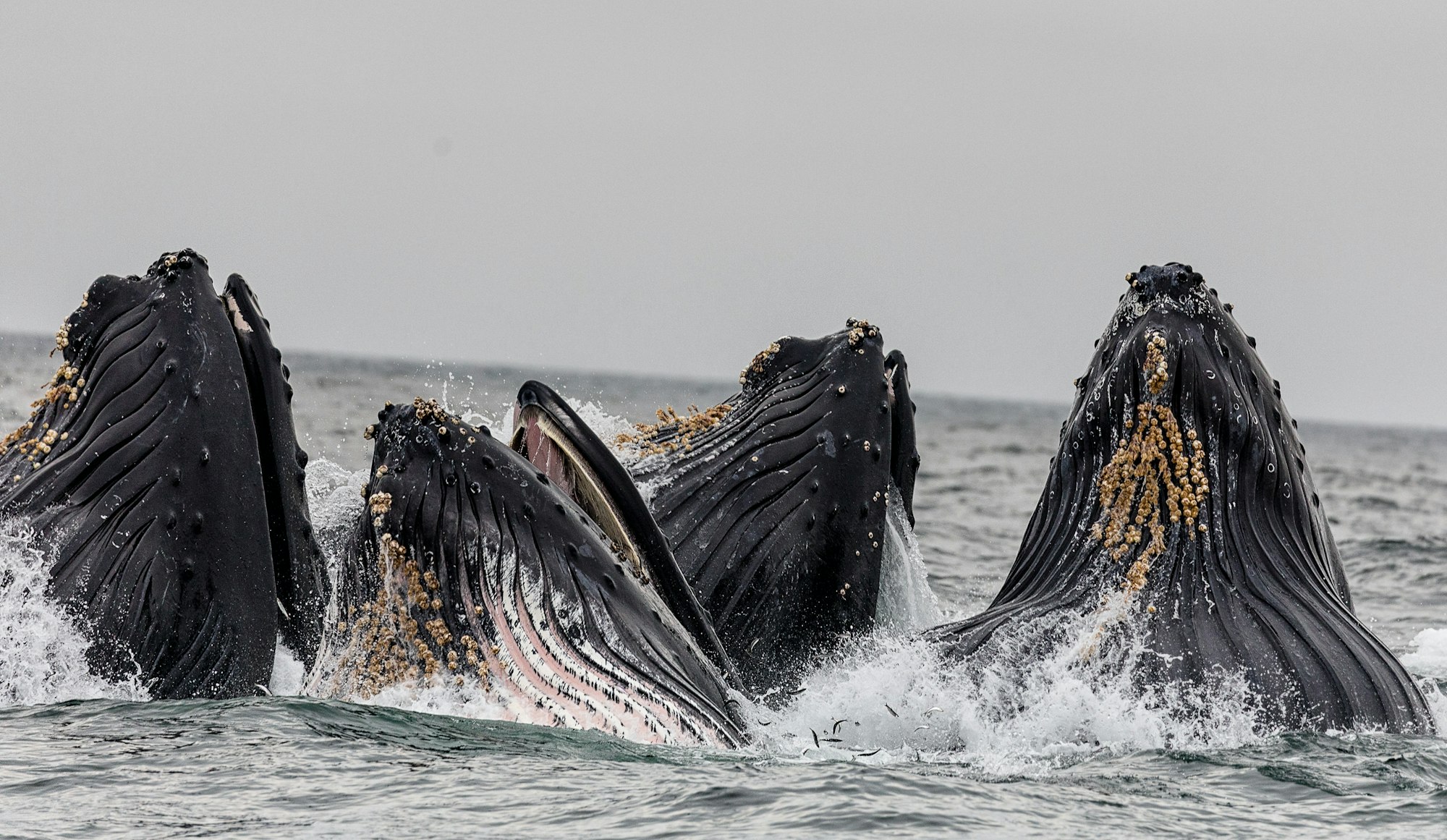
Humpback whales have had such an impressive rebound in Cumberland Bay that their population has nearly recovered to pre-whaling levels from 100 years ago. (Hakai Magazine)
A historic court win in Norway has invalidated approvals for three new oil and gas fields that violated their constitution and commitments. (Greenpeace)
Three siblings in Bali started an organization that literally gets down and dirty to clean up the island's polluted waterways with floating barriers that trap river waste. (The Guardian)
The largest combined US solar and storage project just came online with 2 million panels and 120,000 batteries which provide continuous power through the day and night. (Canary Media)
Another reminder that CLIP, the inventor of the portable attachment that makes any bike an e-bike in 5 seconds, is giving one away to you for free, to thank you for being a part of our community focused on hope and taking action to make the world better! Enter the contest on both Instagram and TikTok... and good luck!
The Good from Monday, January 29
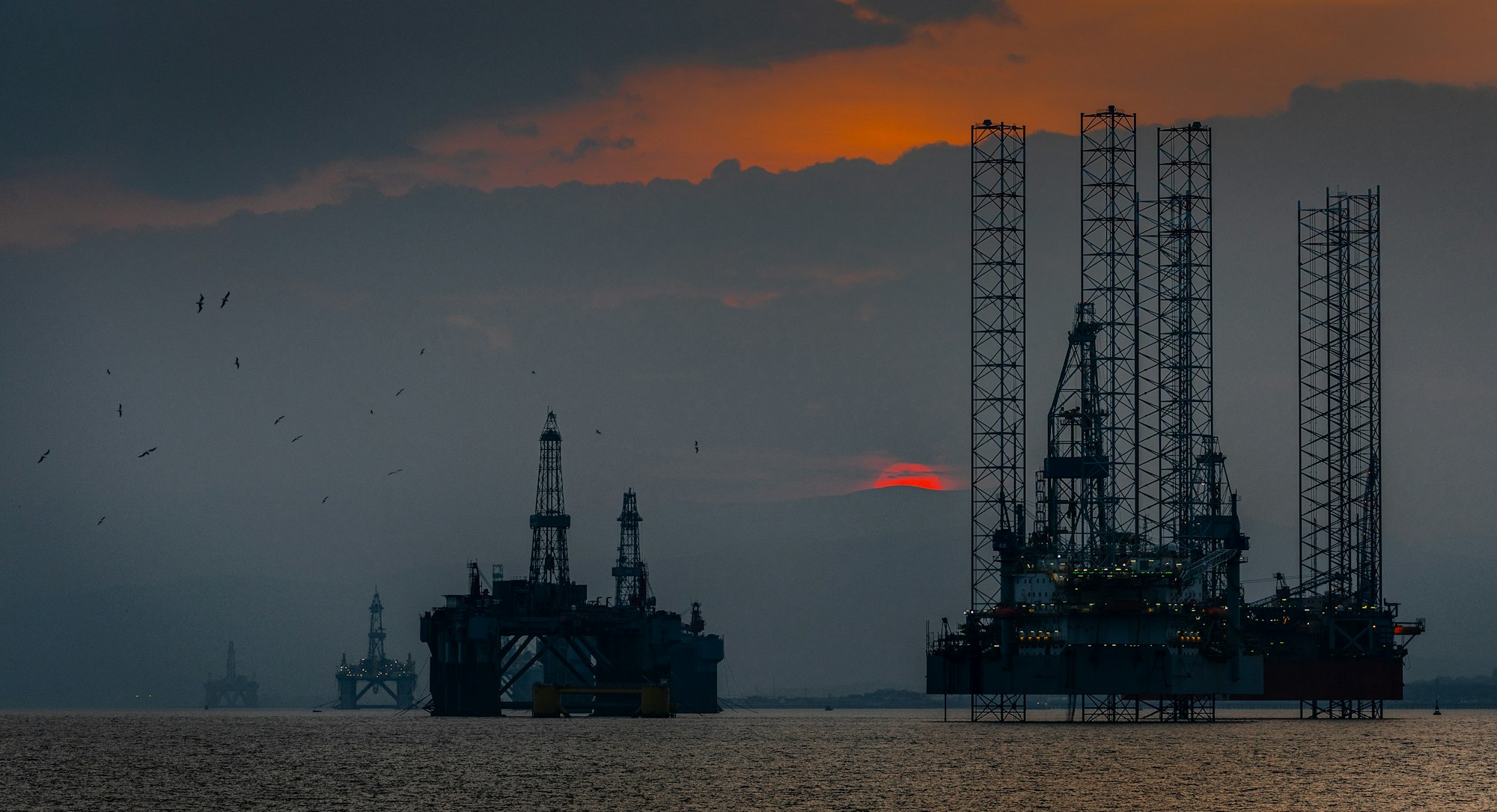
After 400,000 people signed petitions, the US is now pausing liquified natural gas approvals to review their environmental impacts, with President Biden saying, “We will heed the calls of young people and frontline communities who are using their voices to demand action”. (Whitehouse)
Several bills are proposed in New York, the largest school system in the US, which would require climate education to be taught across all grades and subjects with trainings already underway. (NYT)
It’s been 50 years and 1 month since the Endangered Species Act was passed which has rescued hundreds of plants and animals from extinction, so here’s to an even better next 50. (TIME)
A dozen communities across the US are striving for “public power” by switching from investor-owned to publicly-owned municipal utilities to lower prices, increase renewable sources, and promote greater energy justice and equality of access. (Grist)
The good from Tuesday, January 30

The new Global Declaration for River Dolphins commits 14 nations to halt dolphin decline in South America, and double Asian numbers by learning from local communities on key practices. (Mongabay)
Nigeria’s Lagos State, which is the most populous, announced an immediate ban on single-use plastics and styrofoam, joining African nations like Botswana, Ethiopia, and South Africa in reducing harmful waste. (Ecowatch)
Mindblowingly, China installed more solar panels just last year than in the entire history of the world’s second-biggest solar market–the US– hopefully meaning much less energy pollution. (Bloomberg)
A farming method called agroecology is on the rise in places like the Philippines, which combines indigenous techniques with modern science to promote diverse native crops, boost farmers’ income, and improve food security. (Reasons to be Cheerful)
The good from Wednesday, January 31
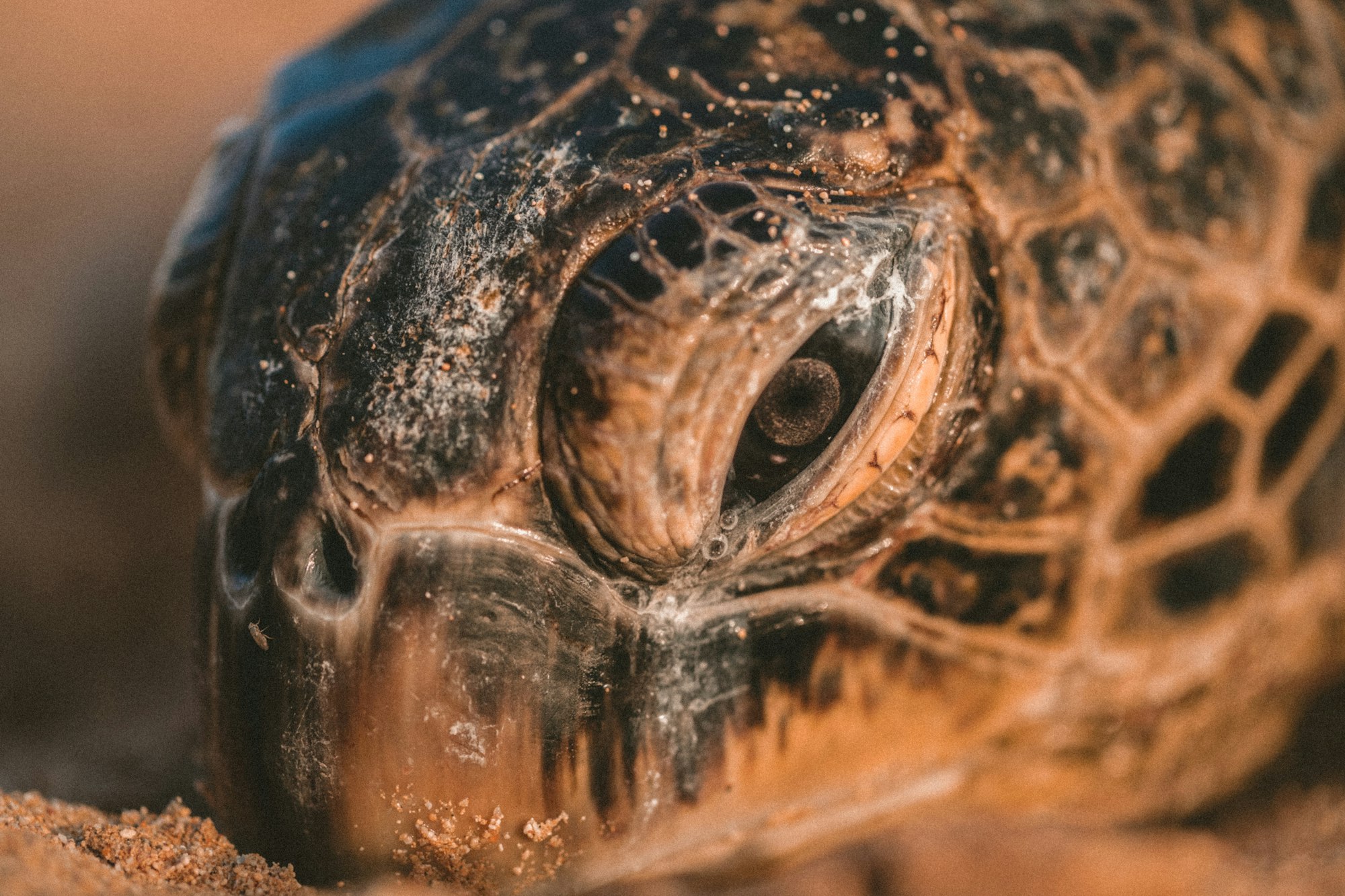
Mojo, a 500-pound leatherback sea turtle, was stranded on a Miami beach but rescued by conservation groups, rehabilitated in a turtle hospital, and re-released into the ocean, further proving why we should advocate for less fishing and marine waste. (Eco Watch)
Almost 30 universities like Princeton, Dartmouth, and Brown are installing geothermal or geo-exchange infrastructure to heat and cool their campuses by transferring heat to and from deep underground without the need for any combustion. (NYT)
A new study found that making our global food systems more sustainable with smaller diverse farms would bring $10 trillion in benefits a year, support biodiversity, and decrease malnutrition and disease. (The Guardian)
Chicago’s mayor has proposed a gas ban in new buildings, with new construction being all-electric to reduce building emissions which account for 68% of the city’s overall. (Utility Dive)
The good from Thursday, February 1
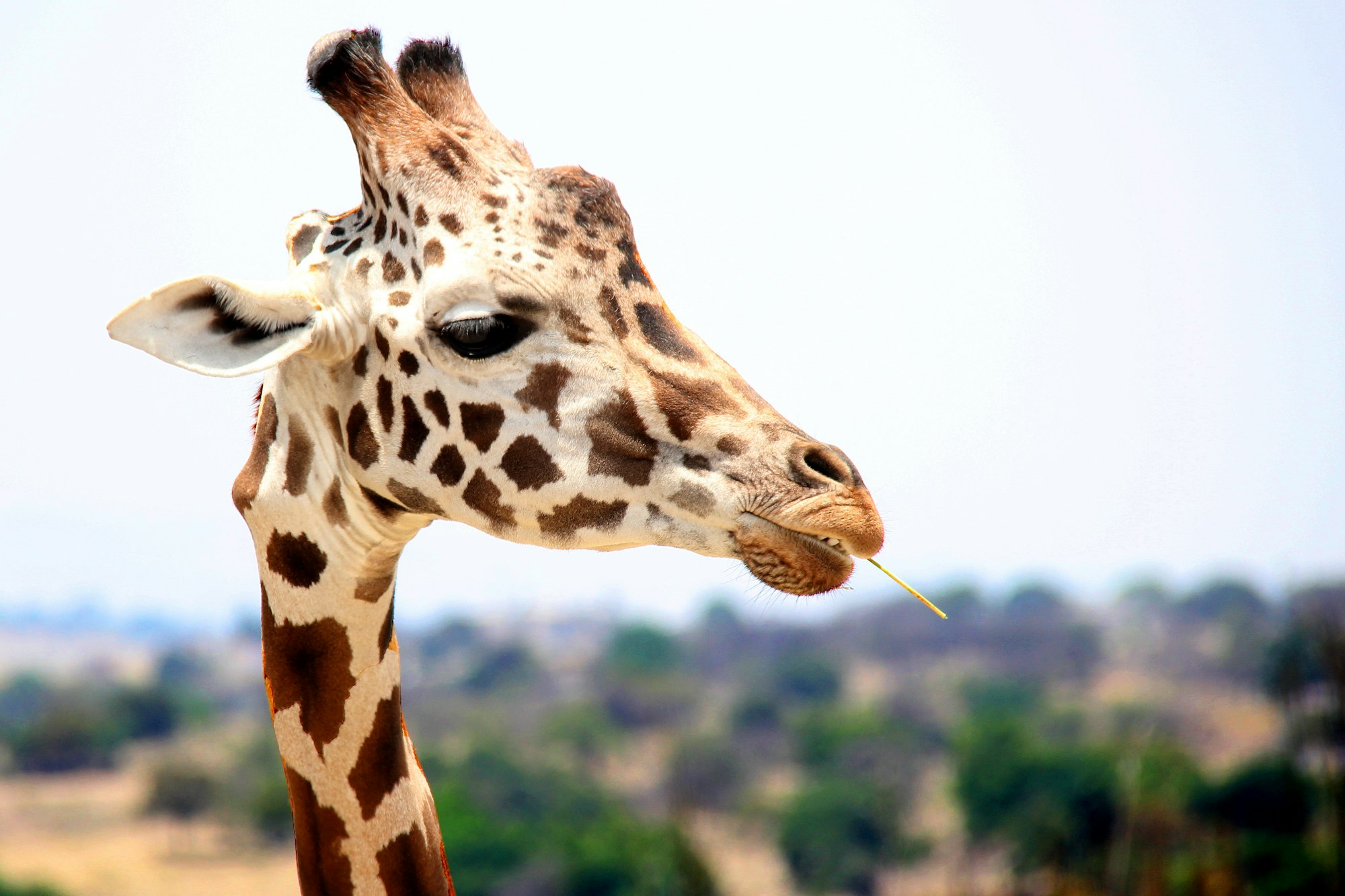
A 4-year-old giraffe named Benito successfully embarked on a 1,200-mile journey through Mexico to save his life, after activists started the ‘Let’s Save Benito’ campaign to move him to a more temperate safari park. (Eco Watch)
River Partners has restored over 1,600 acres of former farmland by planting native shrubs, transforming it into a haven for species while buffering floods, and it’s now set to become California's newest state park. (Reasons to be Cheerful)
New research shows that sharing personal stories of mental health recovery improves the quality of life for those who engage by validating their own experiences and establishing a strong connection with others. (Positive.news)
The Bureau of Land Management announced a new solar energy roadmap over 22 million acres of US land to continue the goal of a pollution-free power sector by 2035. (Eco Watch)
Bonus stories
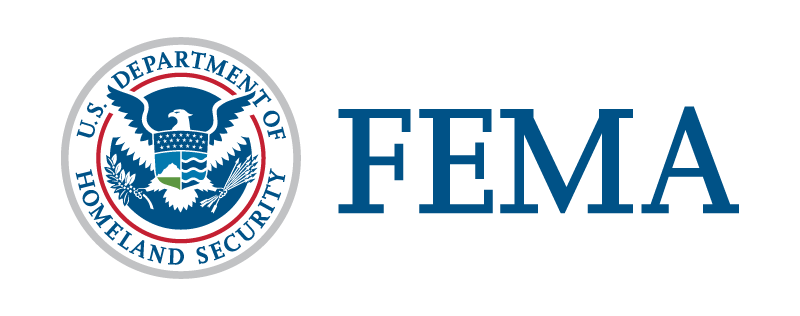

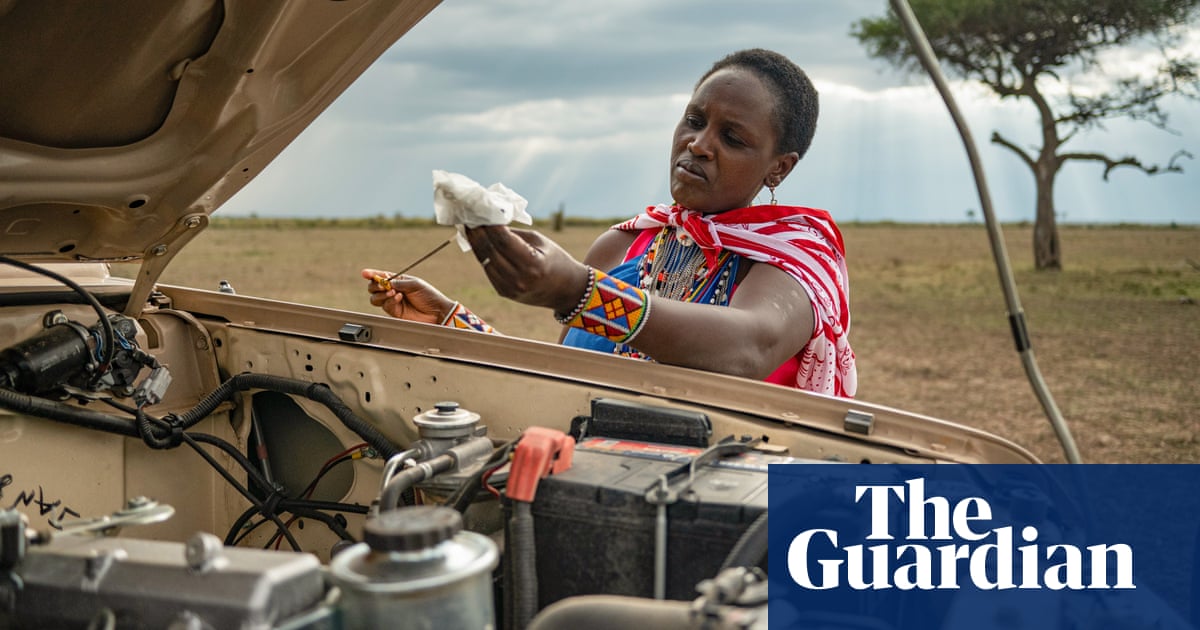
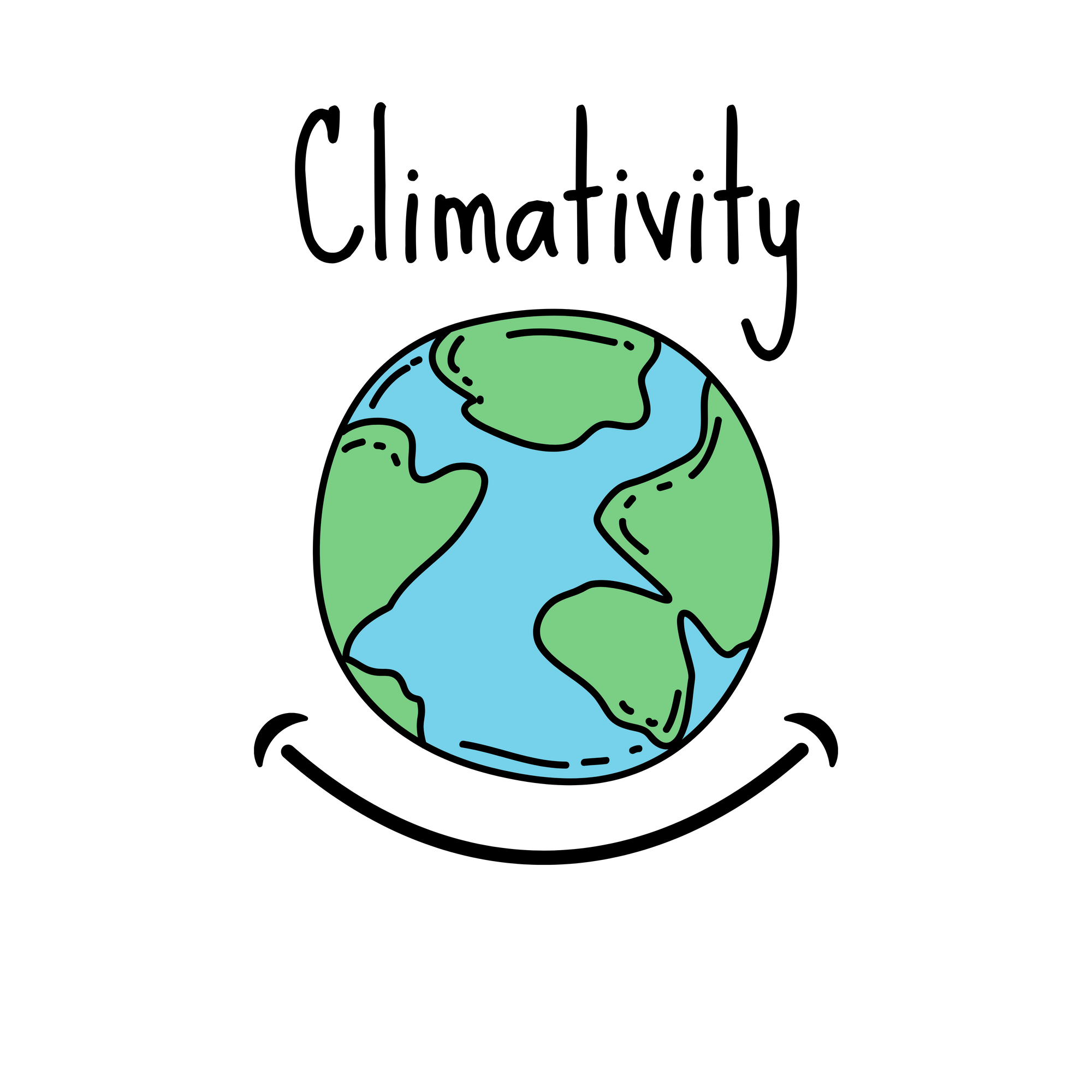
Spread this breath of fresh air🪴
By supporting Climativity, you're helping these good stories reach more people around the world.
Support good news & independent publishingSee you again soon,
Jacob
P.S. some important info:
- *: I get a commission from these links at no additional expense to you (usually, you'll get a discount!).
- I write and publish this newsletter using Ghost, and I truly love the platform. If you want to start your own newsletter, consider Ghost* (and let me know – I'll be your first subscriber!)
- This is an independent publication that relies on reader feedback to continuously improve. Never hesitate to reach out with comments or questions.
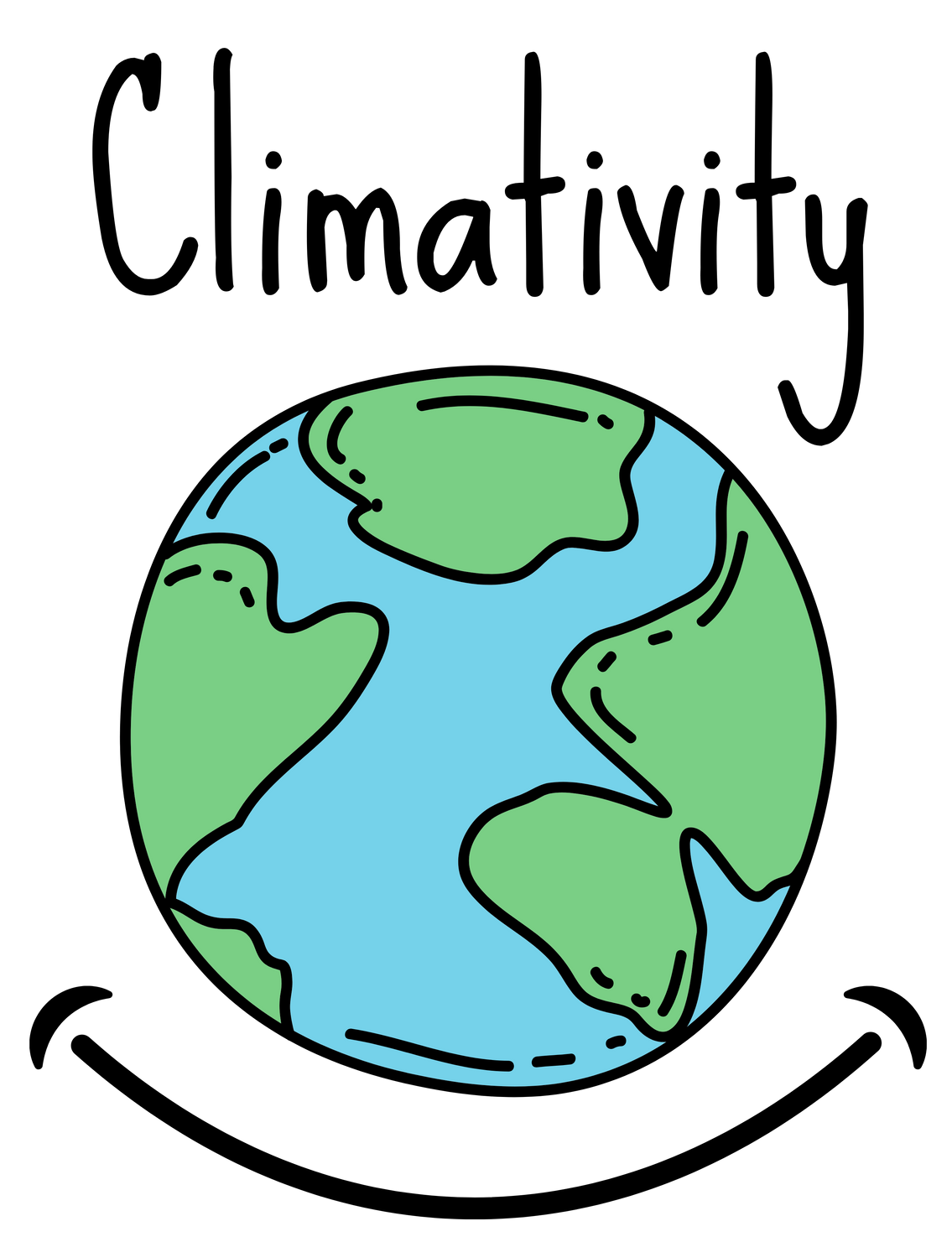



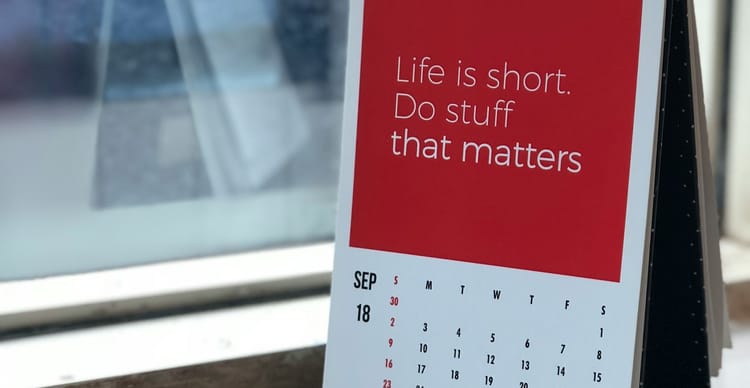
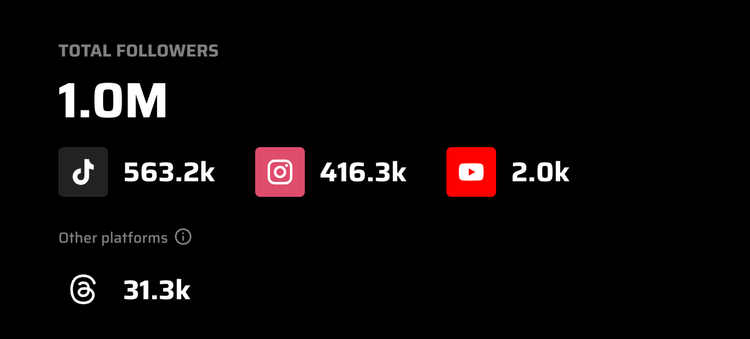



Member discussion